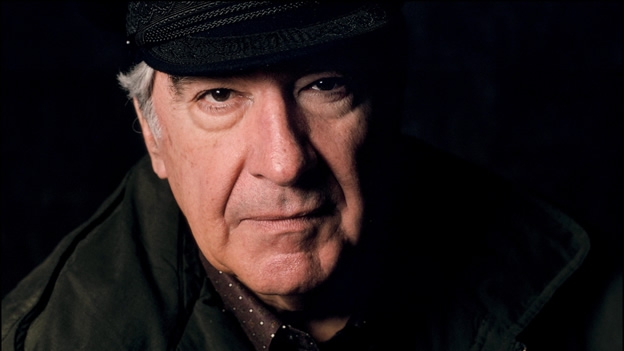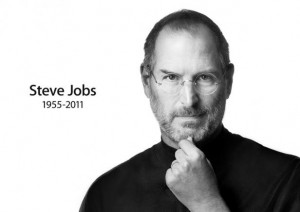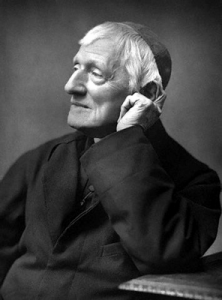The human vision of humility is like the human vision of love, reduced. Humility must exercise its magisterium at all times and in all places. Humility does not allow us to choose whether it should be exercised. Humility thus requires infinite availability and infinite vigilance. It requires a term which has almost disappeared from our modern language, docility. Docility has long been the cornerstone of education. Docility enclosed and guided the will by forcing it to apply itself with discernment and for the cause of a life. The docility of character requires assiduous training, like humility. Docility is the lieutenant of humility. She is also his stewardship, which is not incompatible with the rank of junior officer.
Docility is often the first step leading to availability and vigilance. Being docile requires being alert. Being docile makes life so much easier. Being docile these days is the first reaction to dictatorship in the modern world. Because docility prevents assertion and condemns narcissism. We do not imagine how docility allows us to accomplish great things.
To access humility, one must deny the ego.
What resonance can such a phrase have in our time? Denying the ego? Or, take into consideration the ego to better humiliate it? What madness ? How can we say in our time that being humbled is the surest road to humility? I remember Françoise Dolto's studies on this subject. Far from the image conveyed on Dolto by its thurifers. Dolto praising certain forms of humiliation to reach a “superior” state, a state where being detaches itself from its image; where being dominates and subjugates its image. And of course, Françoise Dolto praised this form of education in children. What was the dunce cap? What was the corner? These practices of another age as we would say today, were they not above all the possibility for the child to repent, and, to repent in front of others? There is no humiliation experienced in solitude. The ego calms down when it confronts intimacy. "I give thanks to God for never having had, because of my science, from the height of my master's chair, at any moment of my teaching activity, a movement of vain pride which raised my soul from the seat of the humility.
The surest way to holiness, that is to say the surest way to the state that is asked of us by God, is humility. Whoever utters these words showed in his life a natural humility. One day in the year 1257, when his fame could swell him with pride, Saint Thomas Aquinas, Brother Thomas therefore, is passing through a convent in Bologna. He does some service. He does not hesitate to do all kinds of tasks. He is available ; there is a liberation of the soul to be available, to bathe in docility. A monk passing through the monastery sees him and gives him the order to follow him. “The prior asks you to follow me”. Brother Thomas complies. He harnesses himself with the monk's belongings, some in the cart which he begins to drag, the rest on his back. Brother Thomas is of good constitution, but the load proves to be very heavy all the same. He works. The prior said: "Take the first brother you find". Brother Thomas appeared to the religious as the right person to help him. The monk is in a hurry, he rebuffs Brother Thomas who is struggling to carry everything and move forward at a reasonable speed. Brother Thomas shows docility in the effort, but he also shows great docility in the face of the reproaches of the religious. In town, the scene of the monk snubbing the brother is comical. People laugh at this caravan as it passes. But suddenly, a murmur runs through the crowd. It spreads like wildfire. Whisper is a name. A bourgeois insists on educating the religious. The brother you are mistreating is… The monk stiffened a little more, if that were possible. He dares not turn around. He dares not face his victim. The shadow of brother Thomas overhangs him, but this shadow has no meaning, brother Thomas does not overhang anyone with his shadow. Brother Thomas is in the back smiling, almost placid, he has had time to catch his breath. The monk approaches him and asks him to forgive him, he continues to wave the air with his arms, but this time to create intimacy with Brother Thomas, when before he had never ceased to show ostensibly the gap existing between him and this brother of small condition. He approaches him, touches his shoulder, everyone can see that there is no animosity between them, that on the contrary he breathes a form of complicity between them. Brother Thomas, dupe of nothing, actor of everything, replies to the monk who had just slipped in to him that he should have declared his identity, and instructed him of his quality, that there was no question of disobeying the prior. As the crowd kept murmuring against the monk, Brother Thomas affirmed that he was there of his own free will, that he accepted this charge without grumbling, that there was no reason to get angry with anyone. either, that obedience was the sine qua non of faith. To obey one's prior, to obey out of love for God. It costs nothing to get out of this way; the way of God's love. God's love takes on its full meaning in man's obedience. If man comes to derogate from this gentle law, nothing exists but the modern world. Without docility, without humility. Without love.




